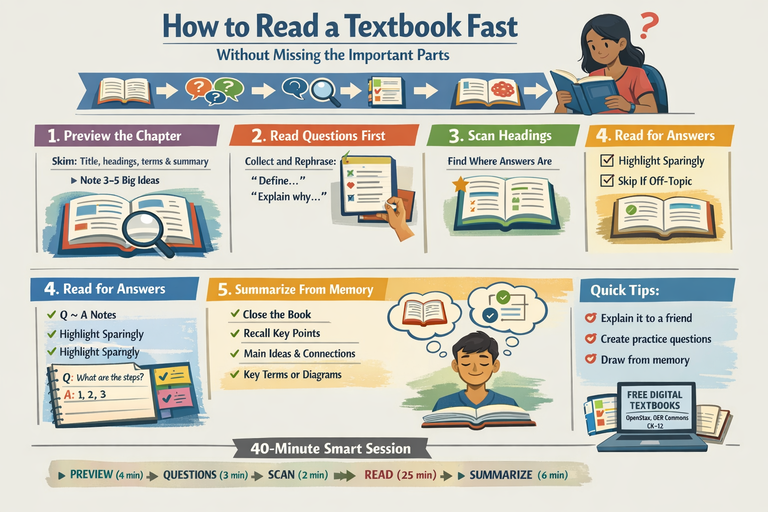Family Businesses: The Dynamics of Legacy, Loyalty, and Power
Family businesses have long fascinated readers for their unique blend of personal and professional relationships. In literature, these enterprises serve as fertile ground for drama, ambition, conflict, and love. Unlike corporate boardrooms dominated by detached shareholders and distant executives, family-run businesses are intensely personal.
Legacy, loyalty, and power converge—sometimes harmoniously, often contentiously—within their walls. Fictional stories centered on family businesses offer readers a rich exploration of generational tension, emotional investment, and the challenges of succession and identity.
The Legacy of the Founders
At the heart of many family business novels is the legacy of the founder—a visionary patriarch or matriarch whose decisions shape the fate of both the enterprise and the family. Their values, vision, and leadership style often cast a long shadow over successive generations.
In Buddenbrooks by Thomas Mann, the decline of a wealthy merchant family in 19th-century Germany unfolds over several generations. The novel intricately details how the weight of legacy and the struggle to maintain the family name contribute to the firm’s eventual downfall. The expectations placed on heirs, coupled with changing economic conditions and personal desires, reveal the fragility of legacy when not accompanied by adaptability.
Similarly, The House of Mondavi by Julia Flynn Siler, though nonfiction, reads like a novel and chronicles the rise and fall of the Mondavi wine empire. The founding father’s passion, discipline, and ambition are both the foundation of the business and the source of familial tension, demonstrating how a founder's legacy can be both a blessing and a burden.
Loyalty and Betrayal in Business and Blood
Loyalty in family businesses goes beyond professional responsibility—it is often rooted in familial duty, cultural expectation, or emotional bonds. But such loyalty can be tested when personal ambition, financial pressures, or ideological differences arise.
In The Godfather by Mario Puzo, the Corleone family’s criminal empire operates like a family business, with loyalty demanded above all else. Betrayal is met with brutal consequences. While extreme in its setting, the novel captures the emotional intensity that can characterize family-run operations, especially when business and blood are intertwined.
The Nest by Cynthia D’Aprix Sweeney offers a more contemporary and realistic take on familial financial tension. Four siblings must navigate their strained relationships and financial dependencies as they await a trust fund that’s been jeopardized by one sibling’s reckless actions. The novel highlights how business-related decisions can fracture even the most deep-rooted familial ties.
Power Struggles and Succession
One of the most common themes in family business fiction is the issue of succession: who will inherit the mantle of leadership? This question often sparks rivalries, jealousy, and intergenerational conflict.
In Succession, the HBO series (while not a novel, it carries literary weight and storytelling), the Roy family battles for control of a global media empire. The patriarch’s indecision and manipulation fuel power struggles among his children, each vying to prove their worth and secure their place at the top. The show exemplifies the fragile balance between meritocracy and nepotism, tradition and innovation.
In novels like The Inheritance of Loss by Kiran Desai, the question of legacy isn’t just about business assets but also about cultural and emotional inheritance. While not focused on a business per se, the story still explores how the past shapes the present and how power is transferred and contested within families.
Identity and Individual Aspirations
Children born into family businesses often face the challenge of forging their own identities while upholding the family brand. This tension is a rich source of character development in literature.
In The Patriarch by David Nasaw, the story of Joseph P. Kennedy and his children (including JFK) reveals how personal ambition can clash with the expectations of family legacy. While nonfiction, the book illustrates a central literary theme: the individual versus the institution of the family.
Fictionally, in The Corrections by Jonathan Franzen, the Lambert children each pursue their own paths while reckoning with their parents’ expectations and declining authority. Though not about a formal business, the novel captures the emotional labor and negotiation involved in stepping away from or redefining inherited roles.
Final Thoughts: The Emotional Economy of Family Enterprises
Family businesses in literature are rarely just about profit—they're about legacy, loyalty, and the complicated web of relationships that drive or derail a shared dream. These narratives offer a unique perspective on what it means to build something enduring, not just financially but emotionally and culturally.
By exploring these literary tales, readers gain a deeper understanding of the psychological stakes and interpersonal dynamics that make family-run enterprises so compelling. Whether it’s a bakery passed down through generations, a sprawling corporate empire, or a vineyard clinging to tradition, these stories remind us that behind every business deal in a family enterprise is a deeper story of love, rivalry, sacrifice, and hope.






